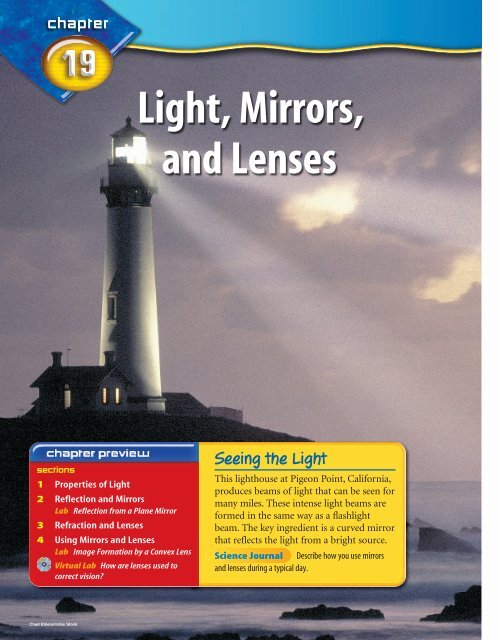4 Education Lenses
The UHD DIGISUPER 27 (UJ27×6.5B) studio lens is our flagship 2/3-inch format studio lens, featuring outstanding optical performance beyond 4K resolution with a 27x zoom ratio (6.5mm to 180mm) and wide angle focal length (6.5mm at 1×, 13mm at 2×). This is where we focus on our experiences as a teacher in order to reveal aspects of our pedagogy that may need adjustment or strengthening. This is an autobiographical lens which helps us as learners and teachers to consider our own experiences as a learner with reference to our own education and learning. Here at SNHU, we’ve prioritized four of these lenses: the Humanities, History, the Sciences, and the Social Sciences. Professionals in these fields all ask questions in order to gain information, but they may ask them in different ways that will help them examine different aspects of a topic.
What is Brookfield’s lenses model of reflection?
If teachers are more reflective then they are better placed to make reliable judgments about approaches to teaching practice, evaluation, curriculum planning, assessment and purposeful responses to learners’ issues.

Doing this from as many alternative perspectives as possible makes sense too especially when you stand outside of your immediate self.
Some schools encourage their teachers to engage in critical reflection on evidence about teaching and students’ learning using Stephen Brookfield’s four distinct interconnecting lenses for critical reflection.
He notes that those teachers who reflect critically
see the insanity of aspiring to ways of teaching that, in the end, seriously threaten their own well-being.
Brookfield’s lenses, or perspectives, offers tools and practices to support effective teaching.
1. Self Lens
This is where we focus on our experiences as a teacher in order to reveal aspects of our pedagogy that may need adjustment or strengthening. This is an autobiographical lens which helps us as learners and teachers to consider our own experiences as a learner with reference to our own education and learning. The analysis of our own learning experiences will help to uncover our assumptions and beliefs about how people learn.
2. Student Lens
Engaging with student views of the learning environment can lead to more responsive teaching. Evaluations, assessments, journals, focus groups and/or interviews can each provide cues to improve our teaching and learning.
3. Peer Lens
Peers can highlight hidden habits in teaching practice, and also provide innovative solutions to teaching problems. We must always seek oppportunities to get an insight into a particular experience by engaging in dialogue with our colleagues through face-to-face, email, Skype etc as they can be inspirational and provide support and solidarity.
4. Literature Lens
4 Lenses Of Education
Teaching theory provides the vocabulary for teaching practice, and offers different ways to view and understand our teaching. Utilising scholarly literature in our teaching and critical reflection helps to support our thinking and wonderings.
4 Education Lenses

Viewing classroom practice through these four lenses helps teachers make more informed judgments and take more informed actions.
4 General Education Lenses
References

4 General Education Lenses
Brookfield, S. (2005) Becoming a Critically Reflective Teacher. San Francisco. Jossey Bass.